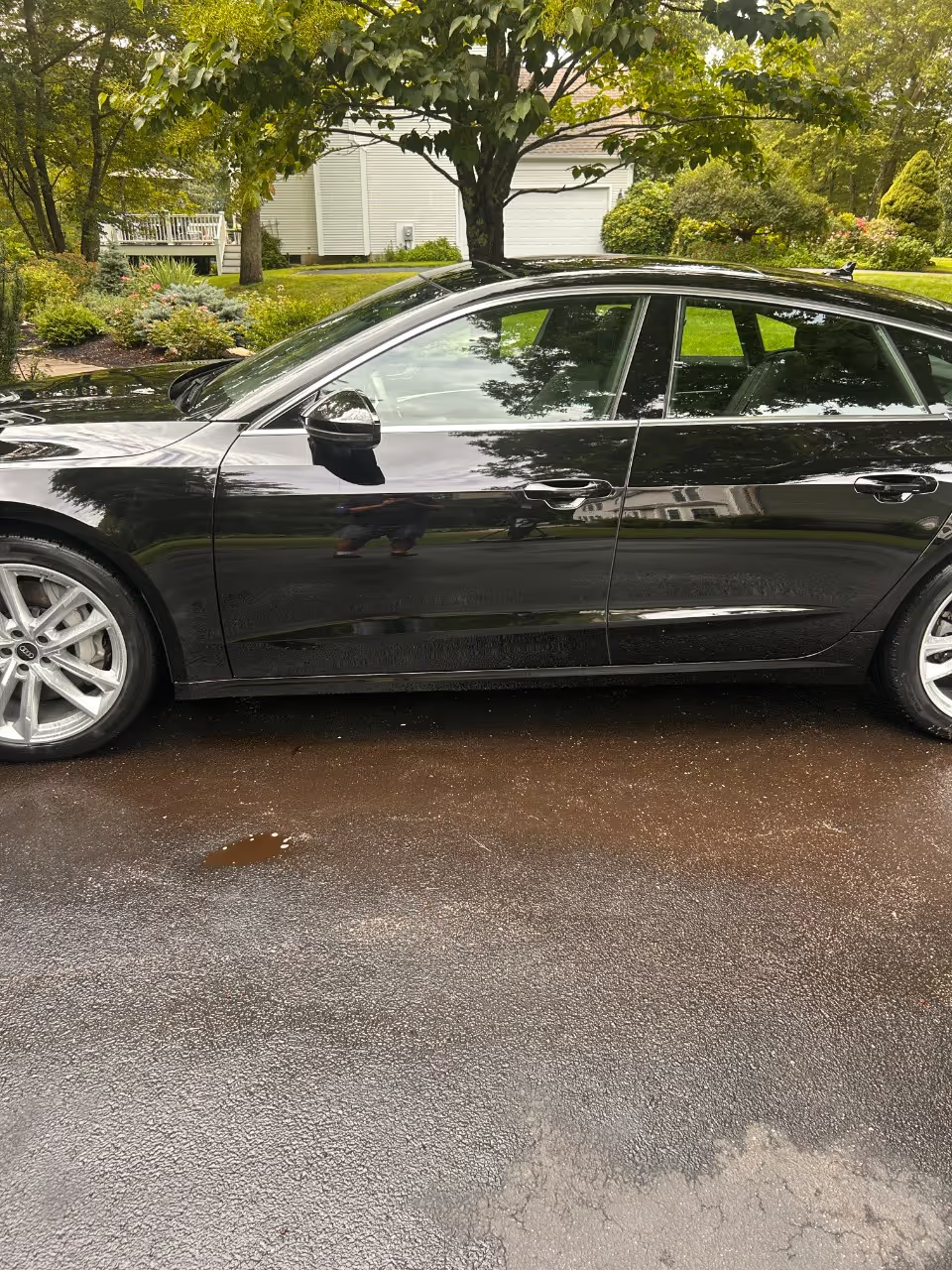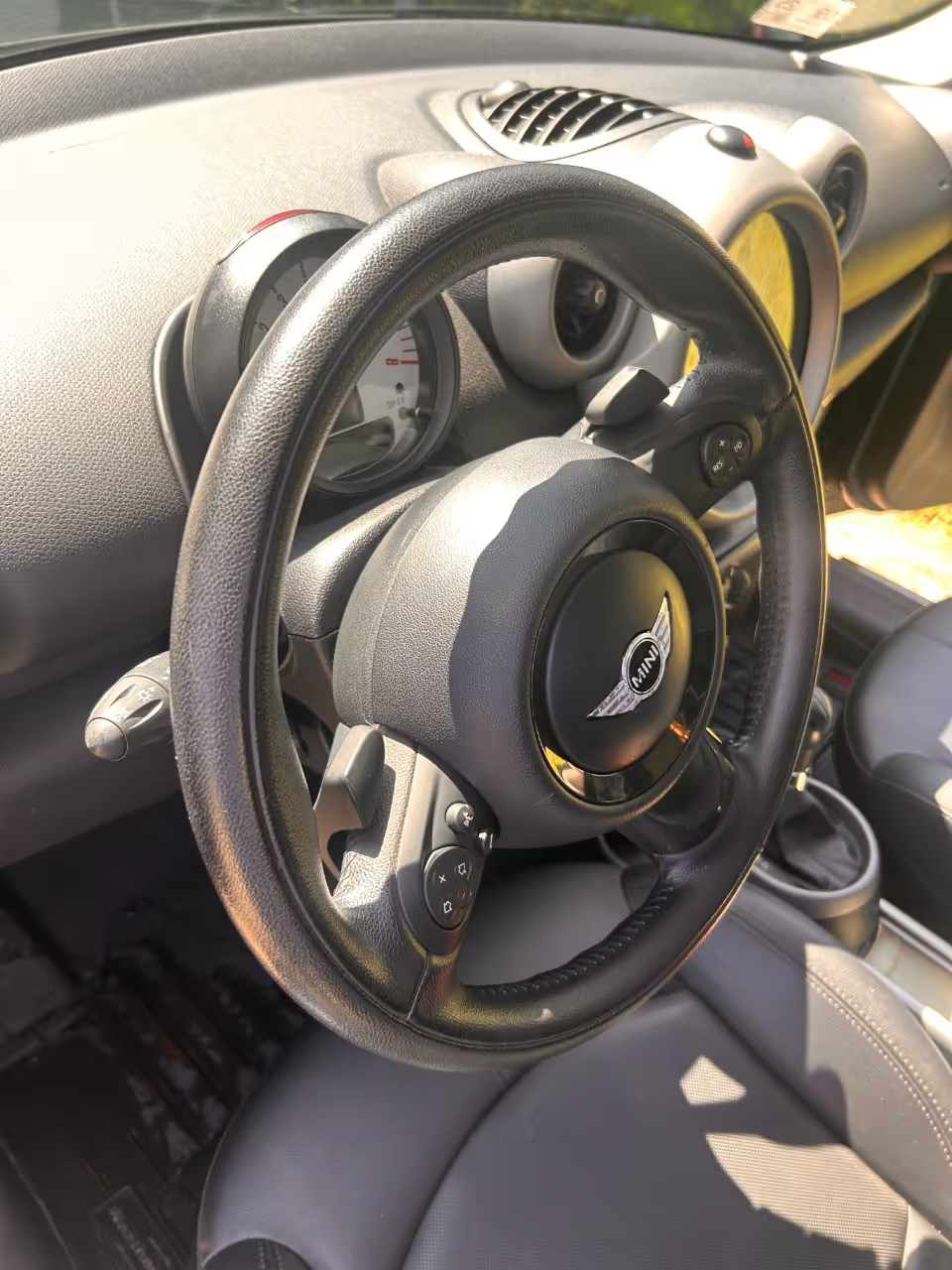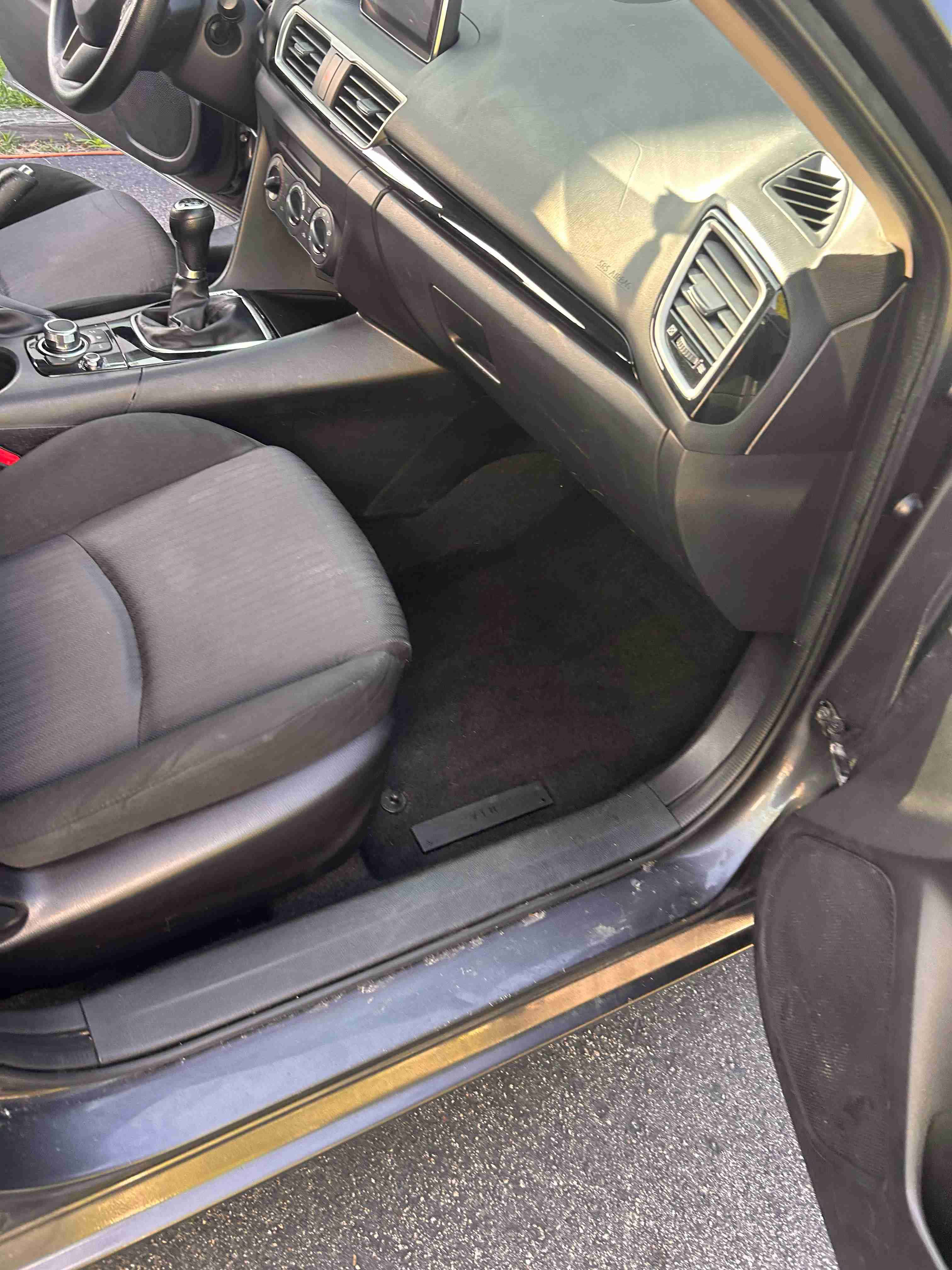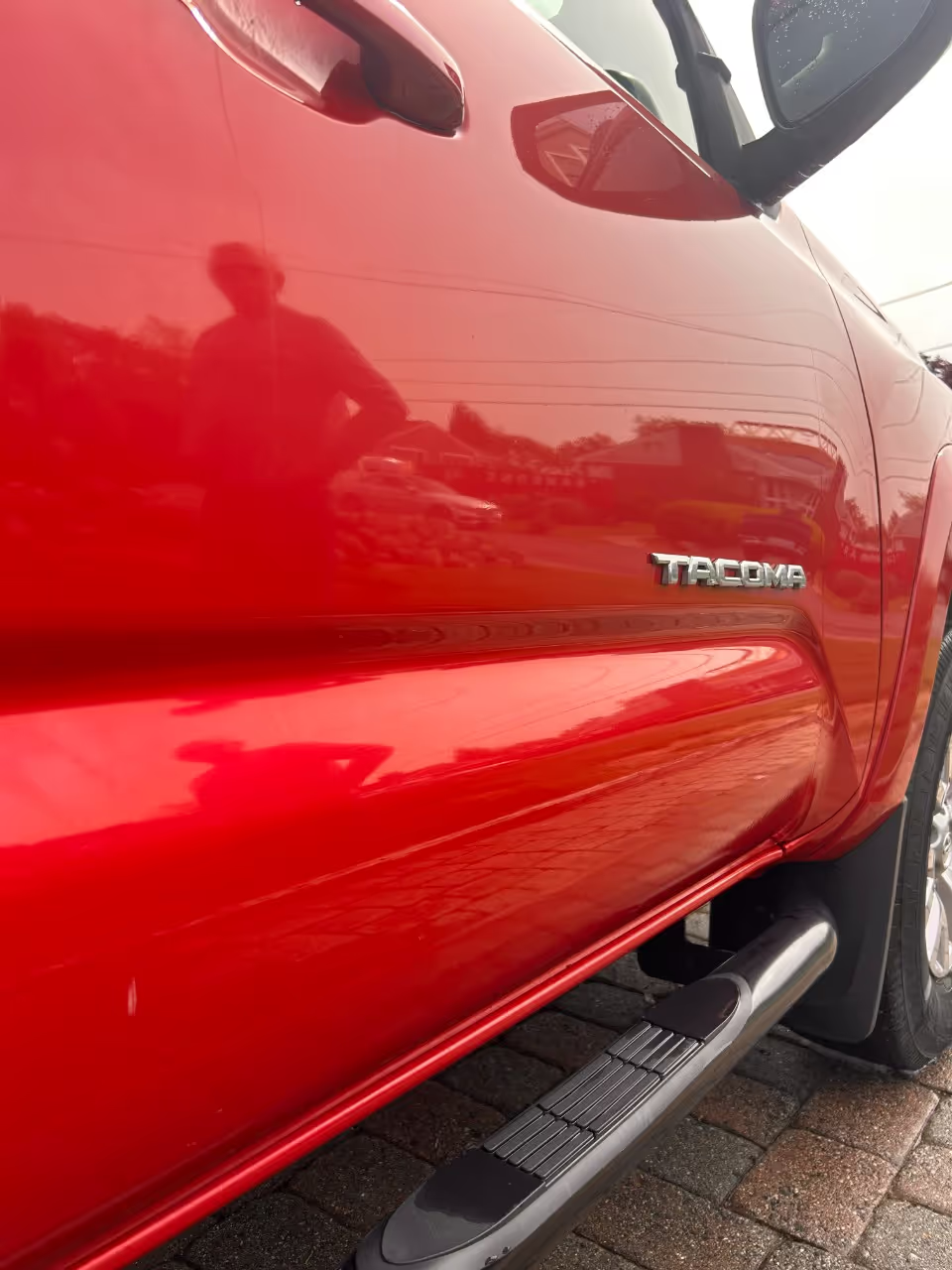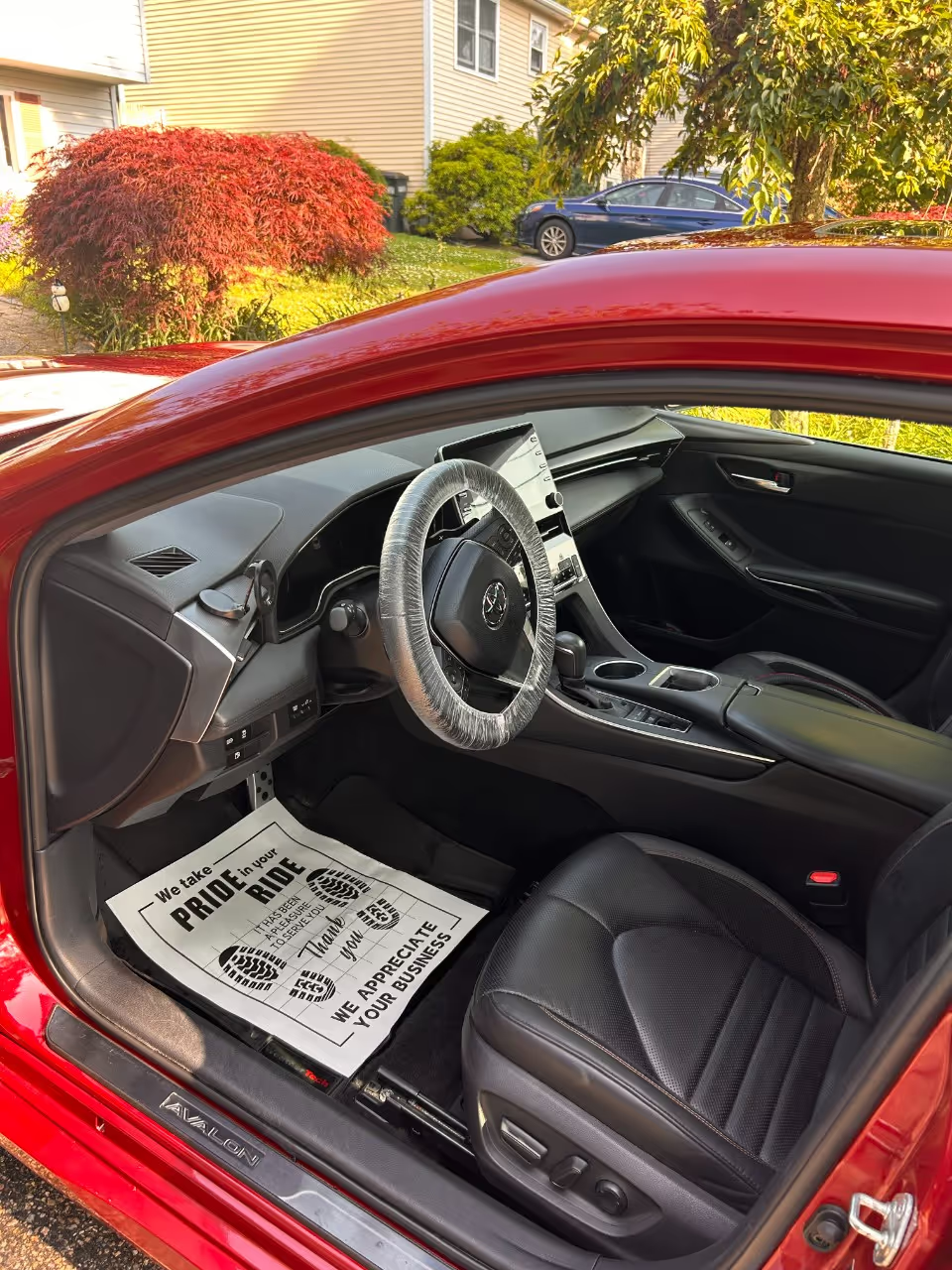Car Detailing 101: A Comprehensive Guide
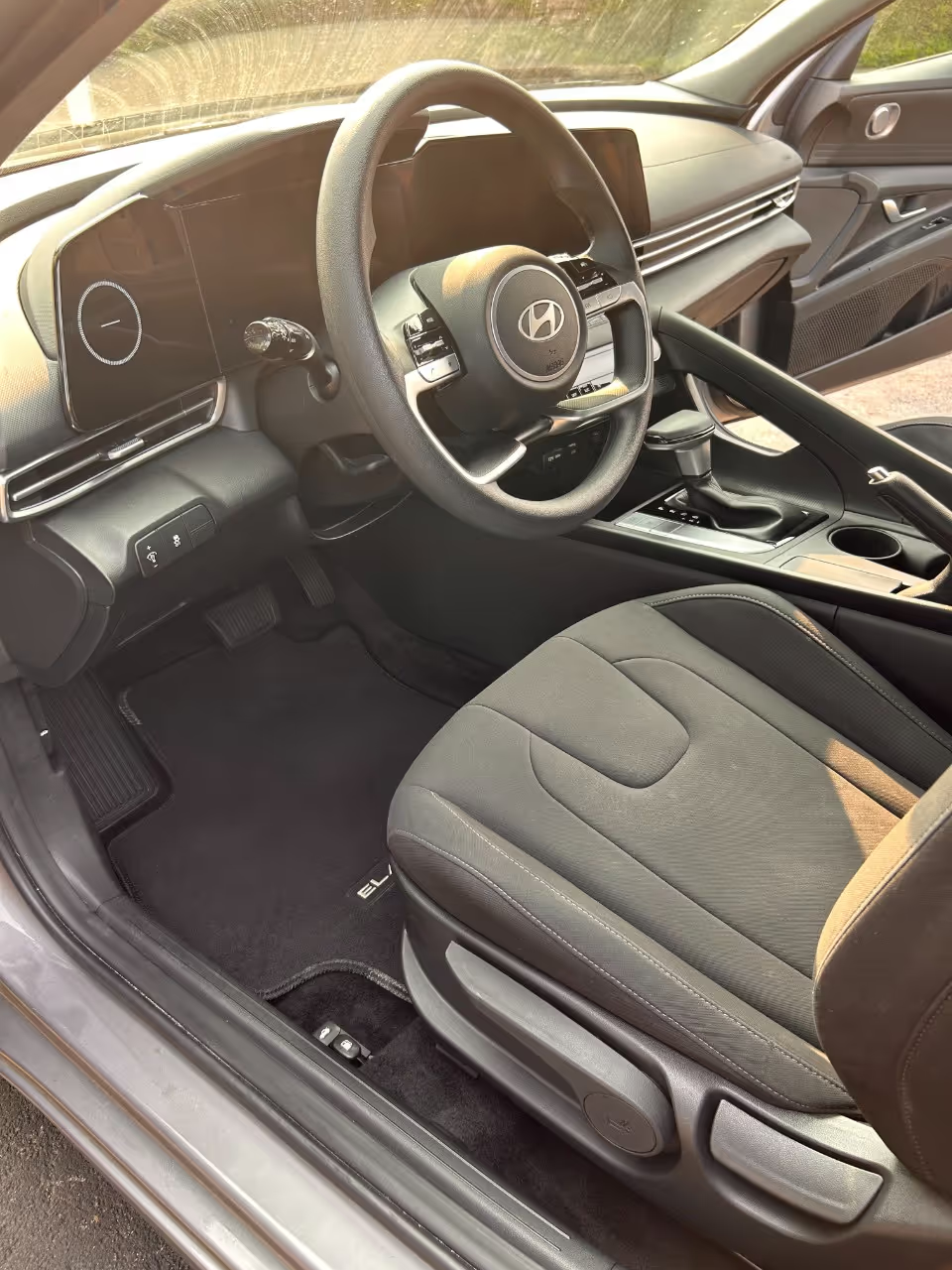
A comprehensive guide to understanding the importance and benefits of car detailing.
Car Detailing 101: A Comprehensive Guide
Car detailing is more than just washing your vehicle. It’s a complete cleaning, restoration, and protection process designed to keep your car looking its best inside and out. Whether you drive a daily commuter, a weekend cruiser, or a high-end luxury vehicle, understanding the basics of detailing can help you maintain your car’s value and appearance.
What is Car Detailing?
Car detailing involves a thorough cleaning and reconditioning of both the interior and exterior of a vehicle. Unlike a standard car wash, detailing addresses the small details, ensuring every surface is cleaned, polished, and protected.
Exterior Detailing
Exterior detailing focuses on restoring and protecting your vehicle’s paint, glass, wheels, and trim. This includes:
- Hand washing and drying to avoid scratches from automated brushes.
- Paint decontamination using clay bars to remove embedded contaminants.
- Polishing or paint correction to remove swirl marks, oxidation, and light scratches.
- Protection using wax, sealants, or ceramic coatings to guard against UV rays and environmental damage.
Interior Detailing
Interior detailing goes beyond vacuuming. It involves deep cleaning and protecting every surface inside the car:
- Carpets and mats are shampooed and extracted to remove dirt and odors.
- Seats and upholstery are cleaned and conditioned, whether leather or fabric.
- Dashboards, vents, and trim are cleaned of dust and grime.
- Glass and mirrors are left streak-free for maximum clarity.
Why is Car Detailing Important?
Regular detailing isn’t just about looks—it protects your investment.
1. Maintains Resale Value
Keeping your car in showroom condition helps retain its value over time. A well-detailed vehicle always commands a higher resale price.
2. Protects Surfaces
UV rays, road salt, bird droppings, and tree sap can all damage paint and interior materials. Detailing adds a protective barrier against these elements.
3. Improves Driving Experience
A clean, fresh-smelling interior makes every drive more enjoyable and comfortable.
4. Prevents Long-Term Damage
Regular cleaning removes contaminants that can cause permanent stains, corrosion, and wear.
Car Detailing vs. Car Washing
- Car wash: A quick clean focusing mostly on the exterior, often using automated systems.
- Car detailing: A labor-intensive, multi-step process addressing every surface inside and out, typically done by hand.
How Often Should You Detail Your Car?
- Full detail: Every 4–6 months for daily drivers.
- Maintenance washes: Every 2–4 weeks to keep the car clean between details.
- Interior cleaning: As needed, especially if you have kids, pets, or commute daily.
Factors such as climate, driving habits, and storage (garage vs. outdoors) can change this schedule.
What Products Are Used in Car Detailing?
Professional detailers use a range of specialized products:
- pH-balanced shampoos to safely clean paint.
- All-purpose cleaners (APCs) for interiors and tough spots.
- Leather cleaners and conditioners to keep seats supple.
- Glass cleaners for streak-free windows.
- Protective products such as waxes, sealants, or ceramic coatings.
DIY Detailing vs. Professional Detailing
While some car owners enjoy detailing their own cars, professional detailers have advantages:
- Experience: Knowing how to handle different materials and stains.
- Tools and equipment: Steam cleaners, extractors, and polishers for deep cleaning and correction.
- Time-saving: A professional can achieve better results in less time.
Common Detailing Mistakes to Avoid
- Using household cleaners that damage surfaces.
- Applying too much product or leaving residues.
- Skipping paint protection after polishing.
- Neglecting the interior until odors and stains set in.
Conclusion
Car detailing is an essential part of maintaining your vehicle’s appearance, comfort, and value. Whether you choose a DIY approach or hire a professional, understanding the process ensures your car stays in top shape for years to come.

.jpg)

